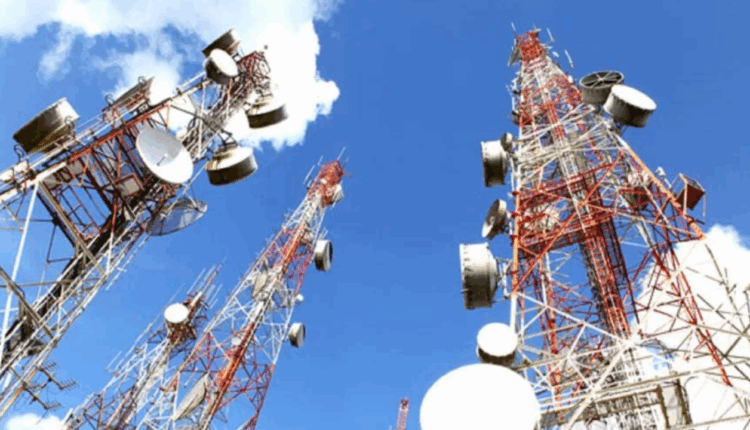The Nigerian telecommunications industry faces a critical crossroads, as the CEO of 9mobile, Obafemi Banigbe, has issued a stark warning about the sector’s sustainability.
Speaking to journalists, amidst debates over a proposed tariff increase, Banigbe called attention to the urgent need for substantial infrastructure investment to ensure continued quality of service. Banigbe highlighted the sector’s indispensable role in Nigeria’s economy, noting its contribution to GDP and its pivotal position in driving the nation’s digital transformation.
Despite these achievements, he painted a grim picture of the challenges posed by Nigeria’s current macroeconomic climate, including runaway inflation and severe currency devaluation.
“With the Naira devaluation from N400 to over N1,500 in just two years, our operational and capital costs have skyrocketed, as most are tied to foreign currencies. Meanwhile, our revenues are in local currency, creating a widening gap that threatens the industry’s financial stability,” Banigbe explained.
This economic strain, he argued, has forced telecom operators to rely heavily on borrowing, a practice he described as unsustainable. “For an industry to thrive, it must generate enough revenue to cover costs and fund reinvestment. Without this, service quality deteriorates, customers suffer, and the sector becomes unsustainable,” he cautioned.
Banigbe did not shy away from addressing the controversial call for higher tariffs, acknowledging the public’s concern over affordability. However, he emphasised that failing to adjust pricing could jeopardise the entire ecosystem. Drawing on 9mobile’s experience, he pointed out that, underinvestment in recent years has already led to noticeable declines in service quality, driving customers to competitors.
“We are at a tipping point. Without immediate action to balance affordability with sustainability, the industry risks collapsing under its own weight, leaving millions without reliable communication services,” Banigbe warned. Banigbe called for a collaborative approach, urging policymakers, operators, and stakeholders to prioritise the survival and growth of the telecom industry.
“This is not just about tariff increases; it’s about securing the future of a sector that underpins every aspect of our economy. We must act now to ensure we have the infrastructure and resources needed to deliver the services that Nigerians expect and deserve,” he recommended.

